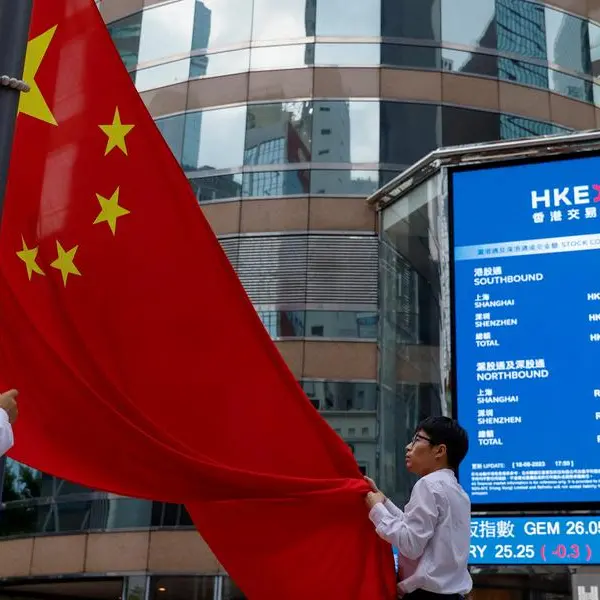PHOTO
Portfolio managers at hedge funds have retrenched from some of their riskier positions after a volatile week for markets.
A brutal selloff and recovery in global markets in the past week was triggered by the unwinding of billions of dollars worth of yen-funded trades and worries the U.S. economy was heading to a recession. The CBOE Volatility Index ended at its highest close in nearly four years on Aug. 5.
The market rout has been painful for a number of hedge funds. Global macro quantitative funds posted losses between 1.5% and 2.5% between Aug. 1 and Aug. 5., while hedge funds focused on the technology sector posted losses between 2.5% and 3.5%, according to hedge fund research firm PivotalPath's exposure model.
"We did see some degree of deleveraging," said Edoardo Rulli, chief investment officer at UBS Hedge Fund Solutions, which invests in hedge funds. "Not panicking, but portfolio managers reducing positions."
An unexpected spike in volatility is likely to suppress risk appetite until investors are more comfortable about global growth prospects, according to Sophia Drossos, economist and strategist at Point72 Asset Management.
"When you have a very long-term trade that starts to unwind very abruptly, it does hurt risk appetite. We'll probably see an environment where investors remain reticent or skittish about taking on too much risk again," she said. "It could be a headwind for the rest of the summer." Drossos' views do not necessarily reflect the hedge fund's positioning, the fund said.
There has been an unwinding of various positions in the last week.
Commodity-trading advisors (CTAs), or money managers that follow market trends, registered a "sharp unwind" of long equity positions, short yen and short Japanese and 10-year German bonds starting after the weaker-than-anticipated U.S. job data on Aug. 2, JPMorgan said in a note last week.
A Goldman Sachs' prime brokerage note to clients also showed on Friday that long/short equity hedge funds have reduced their overall exposure to Japan to 4.8% last week from 5.6% the week before, while cutting overall portfolios' leverage by almost a percentage point, to 188.2%.
U.S. Commodity Futures Trading Commission and LSEG data released on Friday showed hedge funds' position on the Japanese yen shrank to the smallest net short stance since February 2023 in the latest week, indicating investors have also wound down the yen carry trade.
MACRO CONCERNS
Front of mind now for portfolio managers - and contributing to portfolios' de-risking - is the state of the U.S. economy, as fears of a recession in the world's largest economy mounted after the U.S. unemployment rate jumped in July.
Rulli said macro hedge funds are also reconsidering some positions even though they made money during the market rout after being long U.S. rates.
"Macro hedge funds still have conviction around the steepening of the yield curve, but they are taking some profits because obviously it's done very well over the past four weeks, Rulli said.
Odds of the Federal Reserve cutting rates by 25 basis points or 50 basis points at its next meeting in September are close to the same, according to the CME FedWatch tool on Aug. 11. "If there is a 50/50 chance between the Fed cutting 25 basis points and cutting 50 basis points, that is maximum uncertainty," said Richard Lightburn, deputy chief investment officer at macro hedge fund MKP Capital Management. He has been considering potential adjustments in the portfolio to reflect the unknown environment.
"That's telling you something – the market really doesn't know what’s going to happen, and that means there's going to be volatility," he said.
(Reporting by Carolina Mandl in New York; Editing by Megan Davies and Andrea Ricci)





















